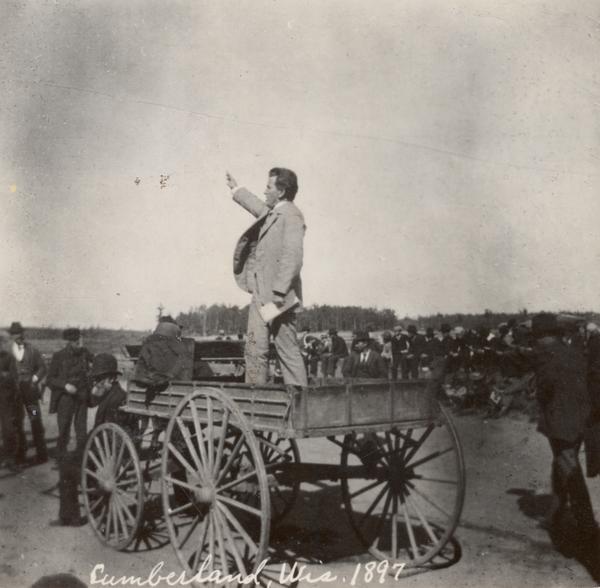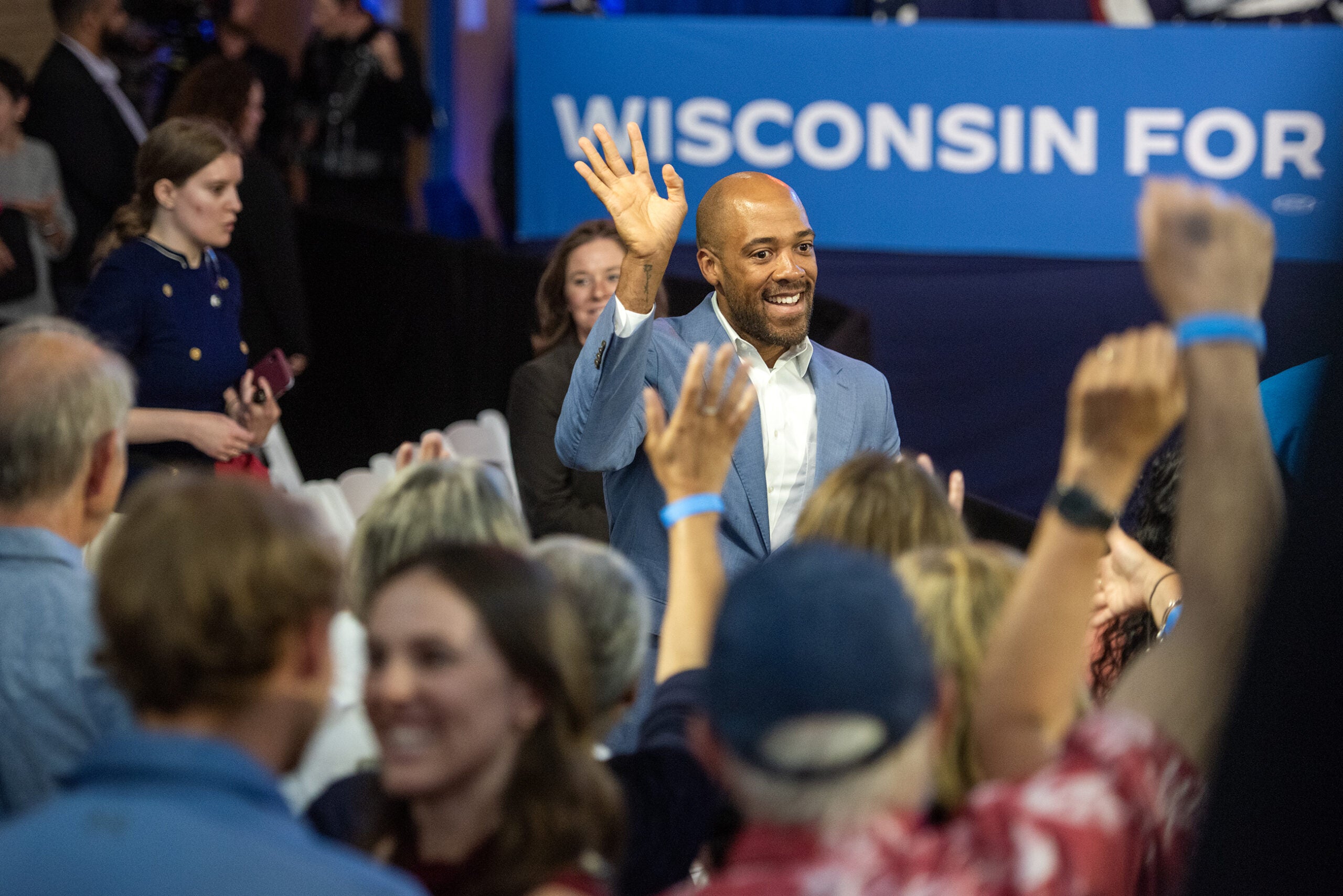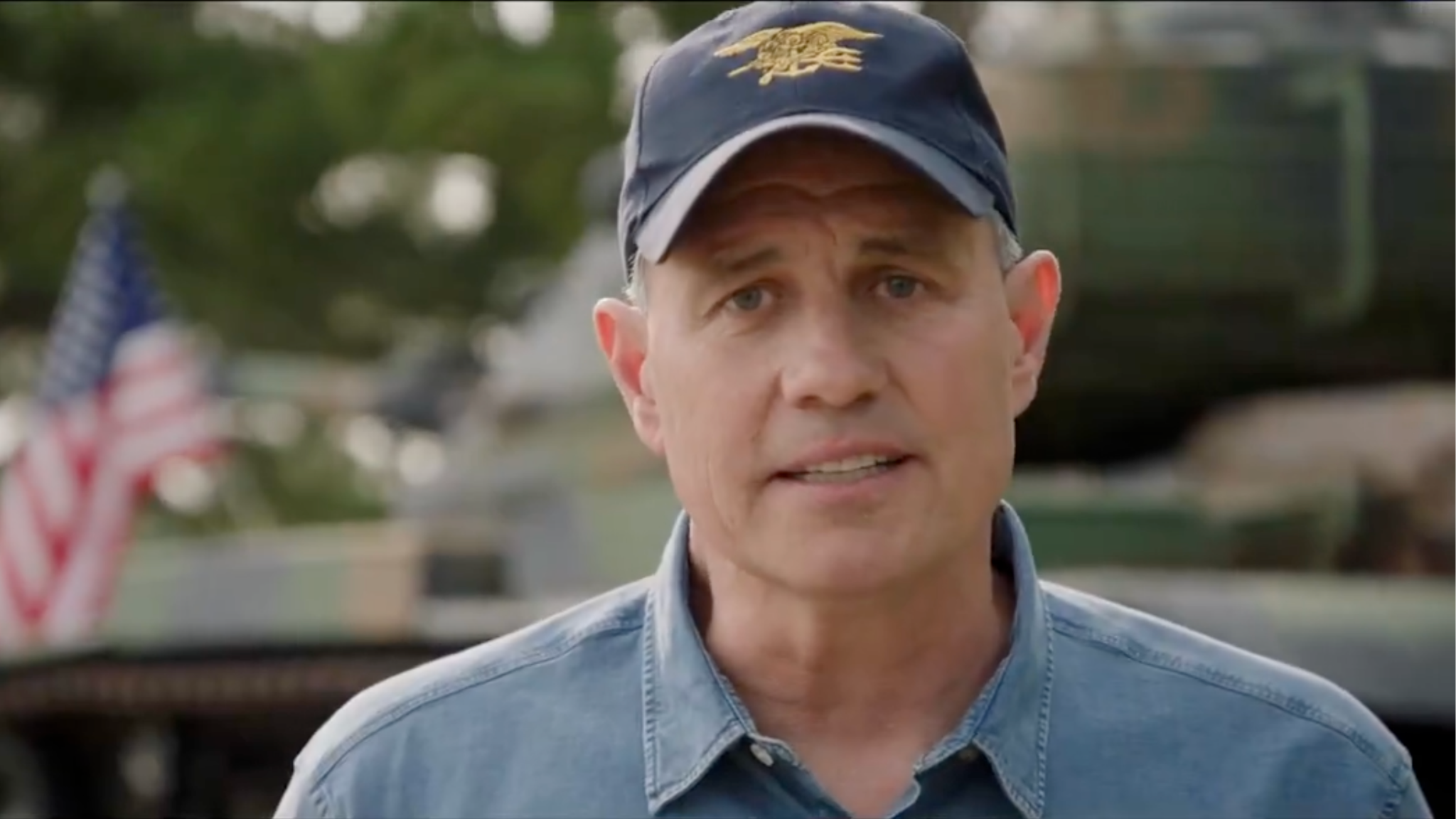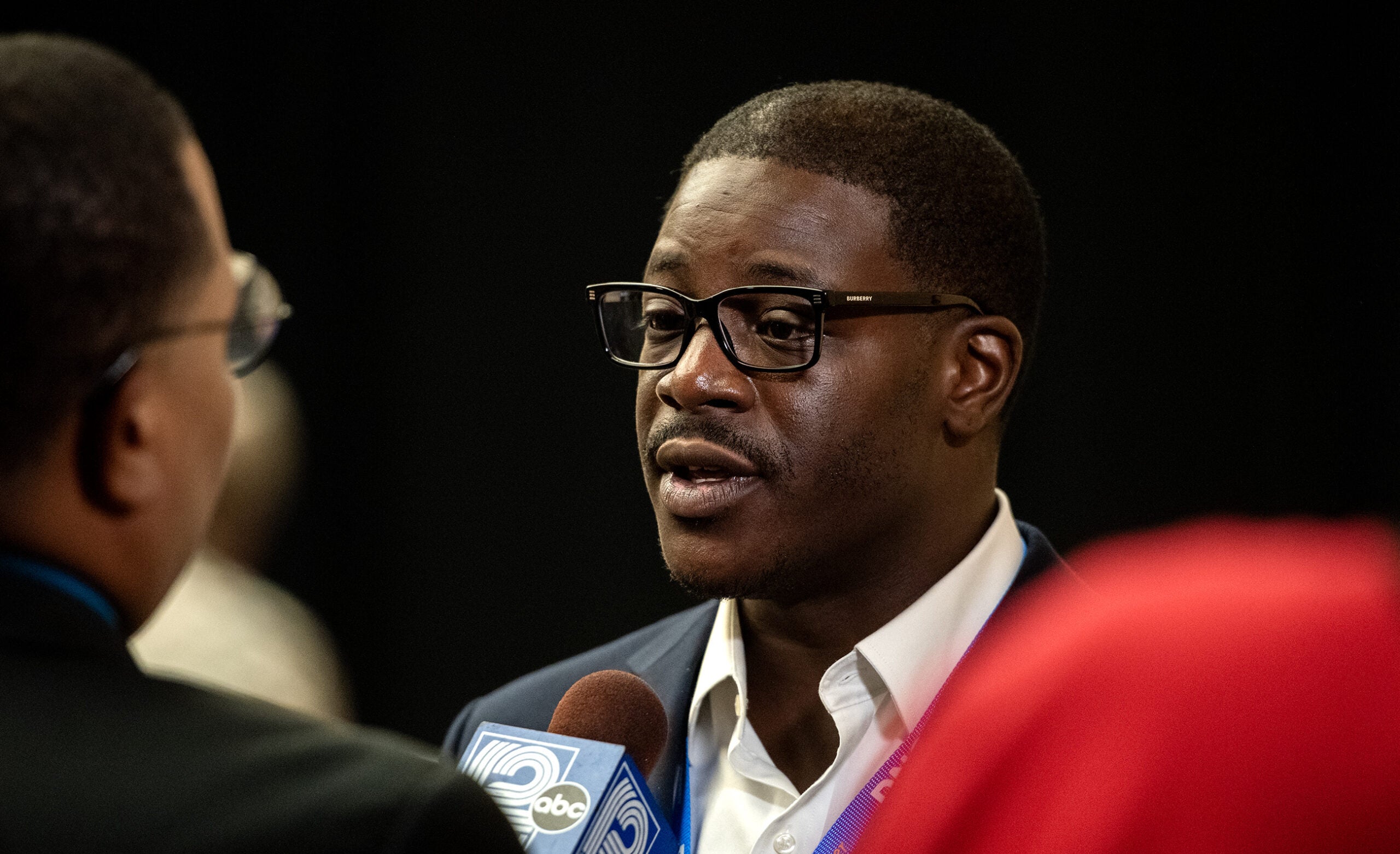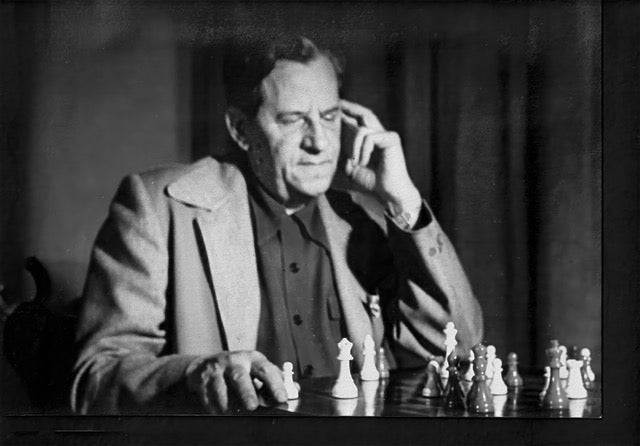Wisconsinites have been voting in presidential primaries for more than a century, but it didn’t come without a fight. Gov. Robert La Follette made the use of a direct primary a centerpiece of his progressive reforms in the early 20th century.
The idea of a primary election didn’t originate with La Follette. Racine businessman and Wisconsin assemblyman William T. Lewis brought the issue of primaries, one of two issues that concerned him, to La Follette, then just a Madison lawyer, to ask for his help in drafting a bill to introduce direct primaries. La Follette said he was too busy to take on this project so Lewis went to another attorney for help.
But even if the idea didn’t come from La Follette, it was La Follette who brought about its eventual adoption once he became governor in 1900. Or as E.L. Philipp wrote, in the Milwaukee Sentinel, La Follette “took the matter in both hands and went out to cultivate the crop.”
News with a little more humanity
WPR’s “Wisconsin Today” newsletter keeps you connected to the state you love without feeling overwhelmed. No paywall. No agenda. No corporate filter.
La Follette’s advocacy was hard to resist.
“He faces his audiences with flashing eye and a forty-man power energy. He convinces by sheer force of eloquence,” wrote Philipp. He often spoke from the back of wagons, train cars, and steps. His vigorous speaking style — lots of arm waving and fist shaking — won him the nickname “Fighting Bob.”
A direct primary was a good fit for La Follette’s anti-corruption platform. La Follette argued that politics had become dominated by corporations who put friends and supporters in power in return for money and favors.
“The official obeys whom he serves,” said La Follette in a speech in Mineral Point. “The official feels responsibility to his master alone, and his master is the political machine of his party.”
La Follette fought hard for the direct primary. His supporters in the Legislature forced a referendum on the issue and in November 1904, Wisconsin voters endorsed primary elections for state level offices.
Wisconsin’s first primary was held in 1906. La Follette learned quickly how the system could work against you when his handpicked gubernatorial successor (La Follette had been elected to the U.S. Senate) lost in the primary.
In 1911, Wisconsin’s direct primary was extended to include presidential candidates and the first presidential primary was held in April 1912.
The winner of that first Republican primary in Wisconsin? Robert La Follette, running to unseat incumbent William Howard Taft.
Wisconsin Public Radio, © Copyright 2025, Board of Regents of the University of Wisconsin System and Wisconsin Educational Communications Board.

